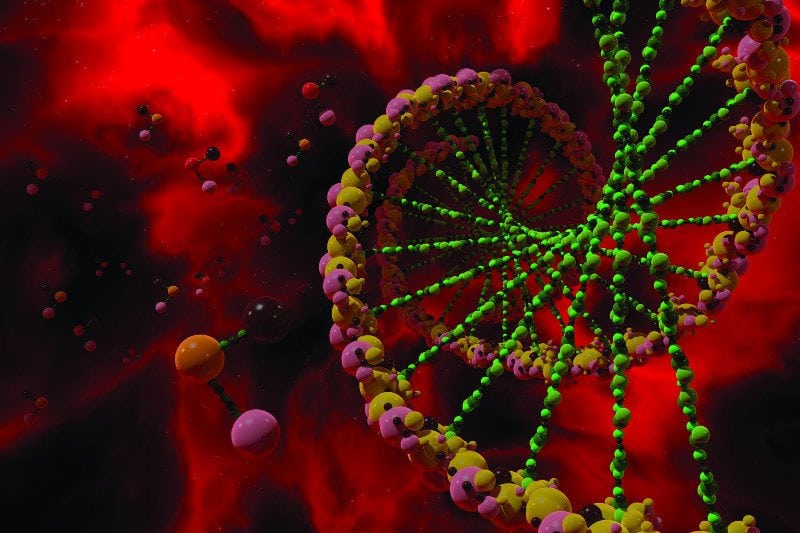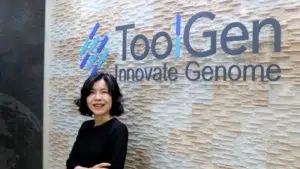DuPont Pioneer and the Broad Institute of MIT & Harvard announced 19 October that they have reached an agreement to jointly provide non-exclusive licenses to foundational CRISPR-Cas9 intellectual property under their respective control for use in commercial agricultural research and product development. These two major CRISPR-Cas9 license holders are coming together with the shared goal of enabling all entities wanting to apply the technology for agricultural applications with a full range of CRISPR-Cas9 tools. Such foundational intellectual property (IP) for CRISPR-Cas9 technology will be freely available to universities and nonprofit organizations for academic research. Pioneer is a business unit of the Agriculture Division of DowDuPont™.
“The promise of CRISPR-Cas9 technology in the hands of many will result in a wide array of benefits for the global food supply ranging from higher and more stable yields of grains, fruits and vegetables for farmers; more nutritious, healthier and affordable foods for consumers; and, improved sustainability of agricultural systems for society,” says Neal Gutterson, vice president of Research & Development at DuPont Pioneer. “It is profoundly important to ensure that this technology is made widely available for agriculture. By partnering with the Broad Institute, together we can maximize access to CRISPR-Cas9 around the world for the greater good.”
“When DuPont Pioneer initially approached us to secure a license for commercial research, we both saw a unique opportunity to provide much broader access to the technology for agriculture,” says Eric Lander, president and founding director of the Broad Institute. “We applaud DuPont Pioneer for its commitment to advancing research and commercialization to accelerate progress in agriculture.”
The complex CRISPR licensing landscape includes patents and patent applications from multiple parties. Entities often desire access to comprehensive IP, to ensure their ability to apply the scientific tools as widely as possible. To enable such access, Pioneer and Broad Institute have agreed on a joint non-exclusive licensing framework for agricultural use that (i) continues to provide non-exclusive access to IP from Broad Institute co-owned with its collaborators (including Harvard University, the Massachusetts Institute of Technology, New York Genome Center, New York University, The Rockefeller University, and the University of Iowa), and (ii) provides non-exclusive access to foundational IP from Pioneer and to IP from the licenses that Pioneer gained access through Caribou Biosciences, ERS Genomics and Vilnius University. License limitations exclude certain CRISPR technology applications, including for gene drive or tobacco products for human use.
Broad and Pioneer continue to retain the right to grant independent, non-exclusive licenses for the CRISPR-Cas9 IP that each institution controls to any interested entity.
Source: Pioneer












